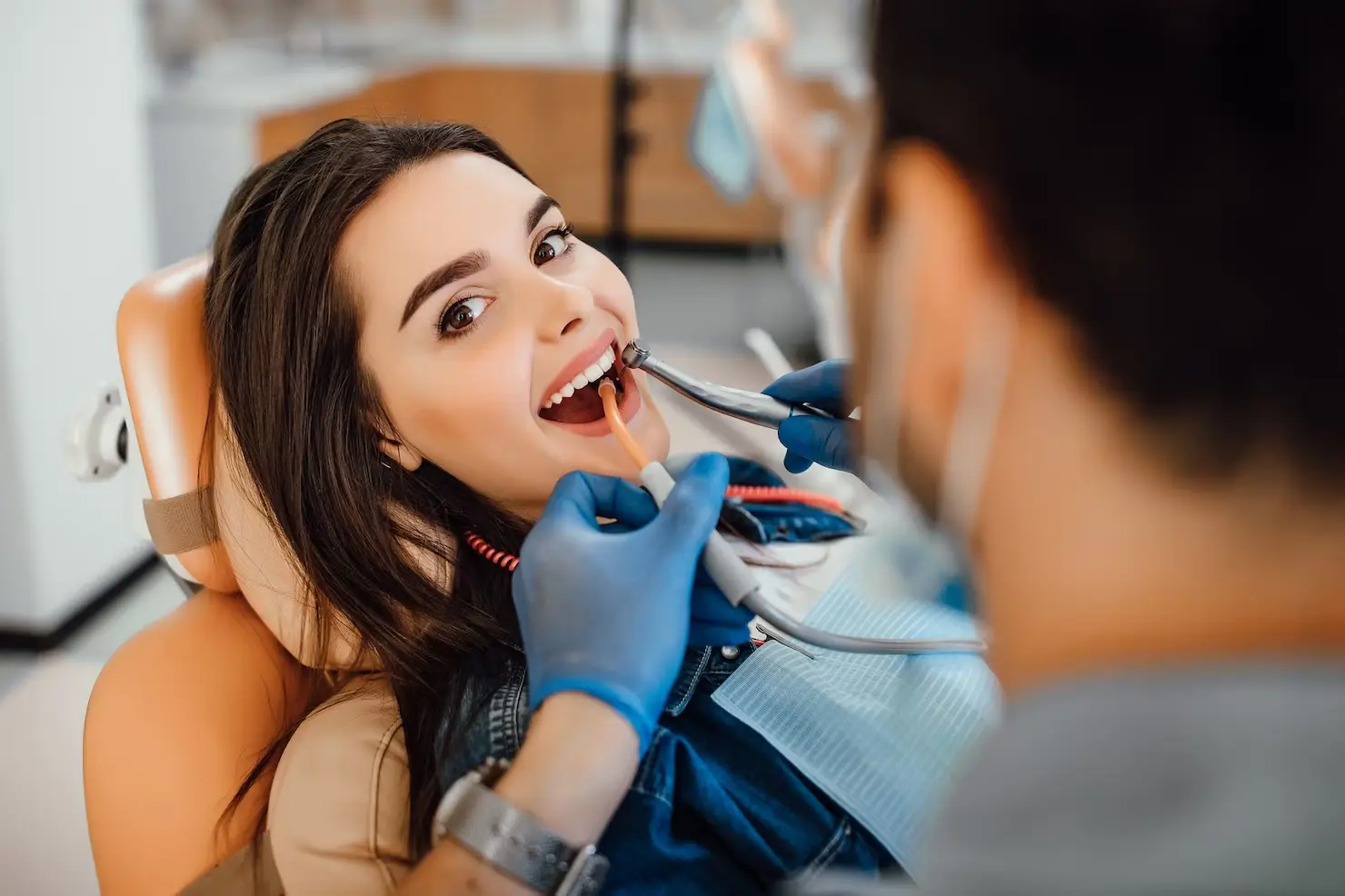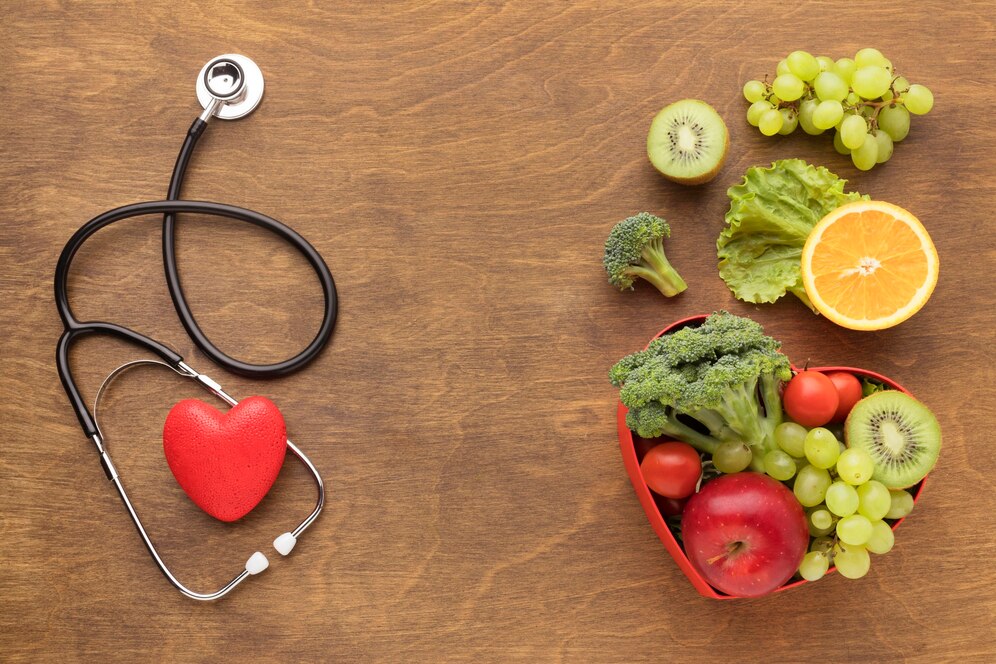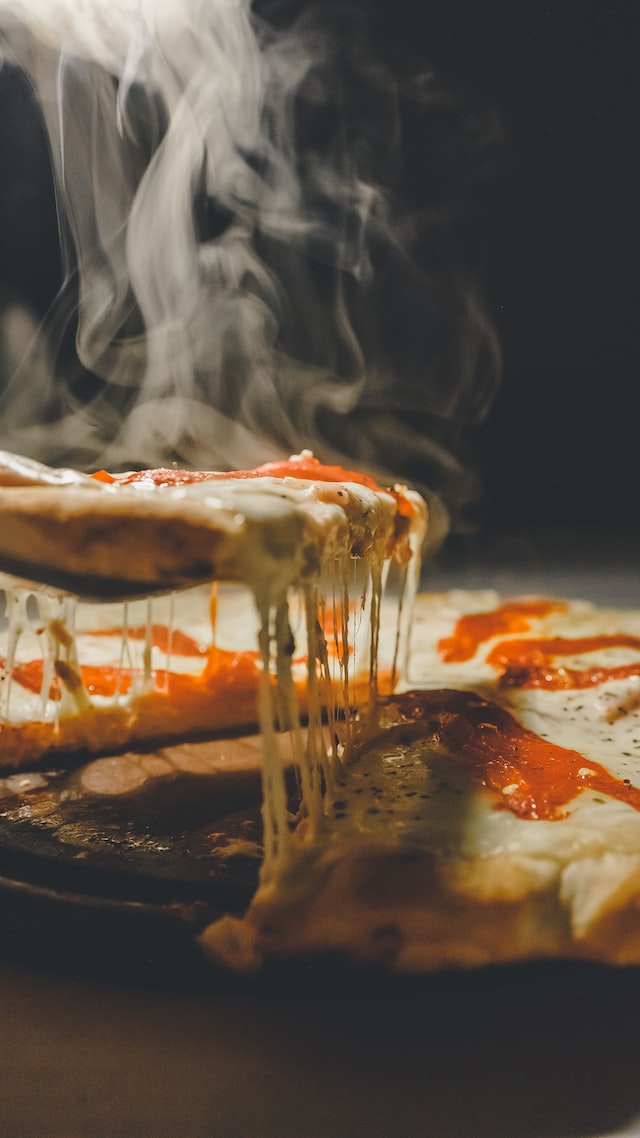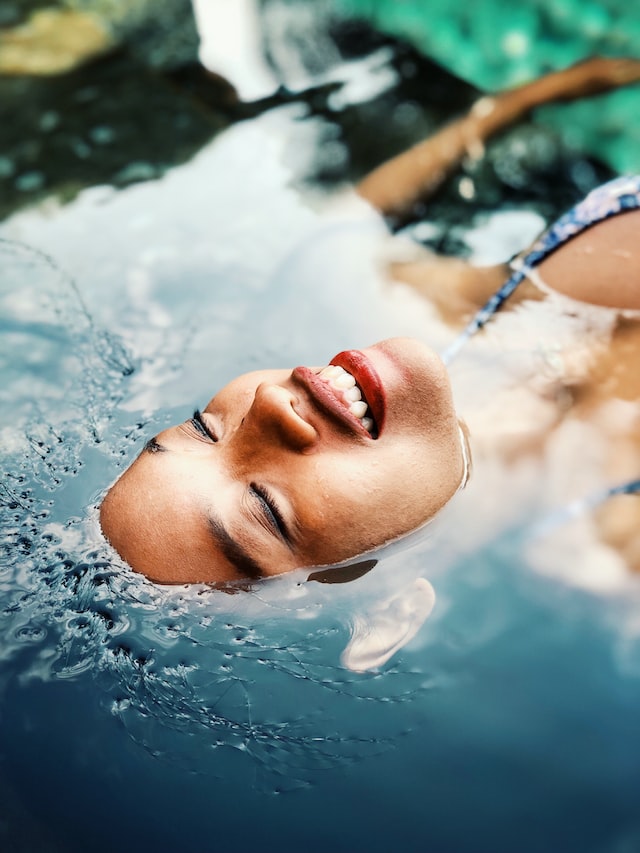If you’re like many people, going to the dentist doesn’t rank highly on your list of favorite things to do. It’s even worse if your appointment falls in the afternoon and you’re famished. Wondering if you can eat before your dentist’s appointment might cause you to skip lunch — and suffer the resulting crankiness.
Worse, a growling stomach often equates to stinky breath as your body breaks down fat into ketones, producing a foul odor. Now, you have to worry about giving your hygiene tech the dragon-breath treatment to boot.
Is it any wonder many people dread their annual cleanings? However, do you have to fast in all cases? Are there foods to avoid before a dentist’s appointment, while others remain safe? Here’s what you should know.
Can I Eat Before a Dentist’s Appointment?
Rejoice — in most cases, you’re free to enjoy breakfast or lunch before a dentist’s appointment, assuming you brush your teeth afterward. This general rule applies to routine procedures like your annual checkup and cleaning.
Sometimes, it may be beneficial to snack before your appointment, as having a meal increases saliva production, keeping your tissues lubricated. Having adequate spit increases your comfort level when undergoing procedures like impressions — otherwise, it’s harder to position stainless steel or metal trays without scraping the surrounding tissue. While you want to avoid foods like caramel that can stick and distort your teeth’ shape, a salad is fine.
The foods you choose matter. For example, cruciferous vegetables like cauliflower, radishes and carrots act like toothbrushes to dislodge other stuck food particles and remove plaque. Apples are another healthy choice, as the pectin feeds the beneficial bacteria colonies in your mouth while scraping gunk off surfaces.
Special Rules for Those Undergoing Anesthesia
While you generally can eat before a dentist’s appointment, the rules change if you plan to undergo anesthesia. More and more facilities offer full sedation options to assist patients with severe dental phobia. However, you must fast before the anesthesiologist puts you under, often for 12 to 24 hours before your procedure. Your provider will instruct you when to stop eating and drinking, usually at midnight the day before.
When you undergo general anesthesia, many of your body’s processes stop, including digestion. Food remaining in your stomach can induce vomiting, bringing food into your throat. However, you can’t dislodge it and it can enter your lungs, stopping breathing and possibly causing permanent damage.
Foods to Avoid Before Dentist Appointments
Even though you can eat, there are some foods to avoid before a dentist’s appointment. Some of these might already be on your no-no list if you have appliances like braces. Otherwise, skip the following:
- Caramel, taffy and hard candy: These can stick in your teeth and affect impressions. It can also dislodge temporary crowns.
- Chips and other crunchy snacks: Crunchier versions can bend dental appliances like the wires around your braces, alongside changing the outcome of dental impressions.
- Overly hot or cold goods: These foods increase tooth sensitivity. While they won’t affect your treatment, they can make it infinitely more painful.
- Meals laden with garlic and onion: The sulfur compounds in these foods might be good for you, but they can leave you with lingering dragon breath no matter how thoroughly you brush. Save the pasta carbonara for after your appointment.
The Importance of Regular Dental Cleanings
Are you among the 42% of Americans who skip your annual dental visit? While it’s understandable if you don’t have coverage or the money for the copay, you should make every effort to attend your yearly cleaning.
For one, it can stop minor problems before they become major headaches and expenses. Consider this — a cleaning costs approximately $85 without insurance. Dentists can often fill minor cavities for around $200, and extractions run less than $500.
Those seem like daunting costs if you’re one of the millions of Americans laboring for minimum wage or just above and struggling to make rent. However, consider the alternative. A tooth infection can spread to your jaw and other places in your body through your bloodstream. You could need multiple overnight hospital stays to receive IV antibiotics to treat the issue at a cost of nearly $12,000 a night.
The risk of an infection turning septic isn’t the only drawback of skipping routine dental care. Scientists have associated poor oral hygiene and the accumulation of plaque with the following severe health risks:
- Heart disease: The plaque associated with tooth decay may also contribute to buildup in your arteries and increase your risk of infection in your heart’s lining or valves.
- Alzheimer’s disease: Several studies have implicated oral bacteria in the development of the disease.
- Pregnancy complications: Oral bacteria can travel to other parts of your body through your bloodstream and nerve channels and harm your developing infant.
All of these conditions create a substantial financial burden. If you can’t afford your appointment, consider the following alternatives:
- Dental schools: You can often get routine treatments like cleaning for much less and help students hone their skills under a competent instructor’s eye.
- Free dental days: Many dental offices offer free service days as public service. These spots fill up fast — you might have to camp out overnight — but the treatment is worth it.
- Go abroad: If you’re fortunate enough to live near the border, there are some state-of-the-art facilities in Mexico where you can get services for a fraction of the stateside cost.
Eating Before a Dentist’s Appointment — Foods to Avoid
Do you have an upcoming dentist’s appointment that falls late in the afternoon? Chances are, you won’t have to skip your lunch.
You can eat before a dentist’s appointment if you know what foods to avoid and don’t require anesthesia. Having a meal and brushing your teeth may increase the overall comfort of your visit.




